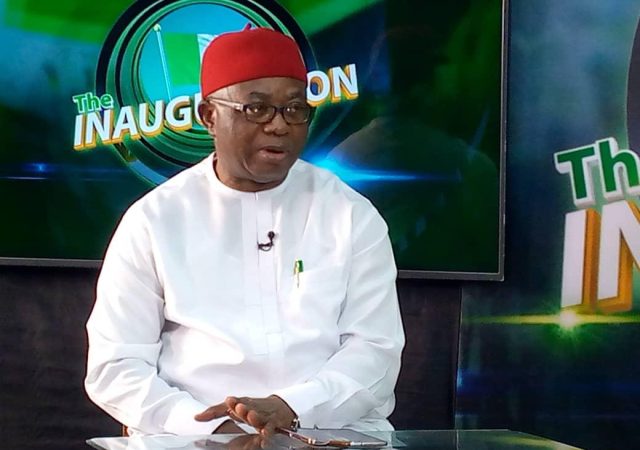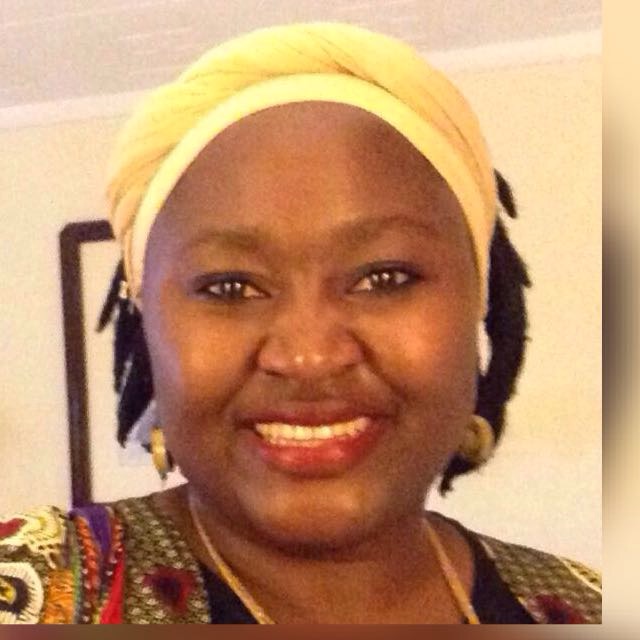
Grace Ruvimbo Chirenje is a young feminist leader from Harare, Zimbabwe .Grace’s passion is community development and facilitation with a special emphasis on youth and women in relation to democracy, good governance and transformative feminist leadership. She is the founder and former Director of Zimbabwe Young Women’s Network for Peace Building (ZYWNP). Grace is also a former Board Member of Women’s Coalition of Zimbabwe. The hard working woman was on the board of Centre for Community Development in her efforts to contribute to the democratization process of Zimbabwe. She is also part of a Southern African young women’s steering committee that aimed at mobilizing young women from SADC around youth and women’s development. In addition to these, Grace is active in the regional parliament for youth. In this interview with Green Savannah Diplomatic Cable, she speaks on challenges facing African women and other topical issues.
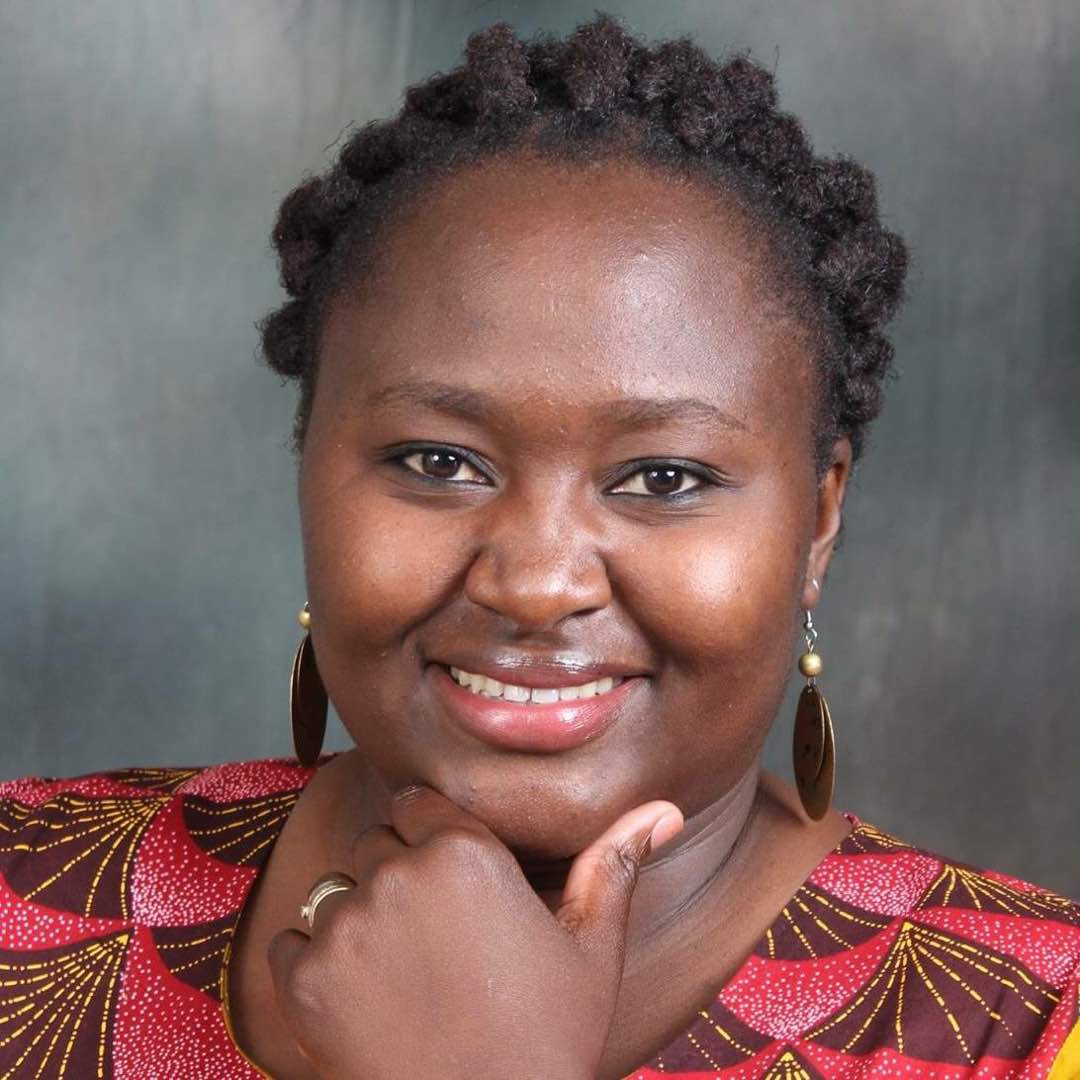
Excerpts:
Why do you choose be a Feminist?
I chose to be a Feminist because I believe in the equality of the sexes, socially, politically, culturally and economically.
What is the level of women abuse in Africa?
Women are abused, socially, politically, culturally and economically, so all their rights are always abused, interestingly African women are fighting back, women are advocating for their rights which is really a good thing. There are so many feminist organizations, so many women rights organisations, so many gender rights organisations fighting for equality between men and women. There is also the aspect of policies and laws that facilitate for women’s equality with men. However in as much as women rights are abused, we must acknowledge that there are some policies put in place by some countries to ensure gender equality.
You hold a degree in African Languages and Culture, what would you say is unique about African culture and languages?
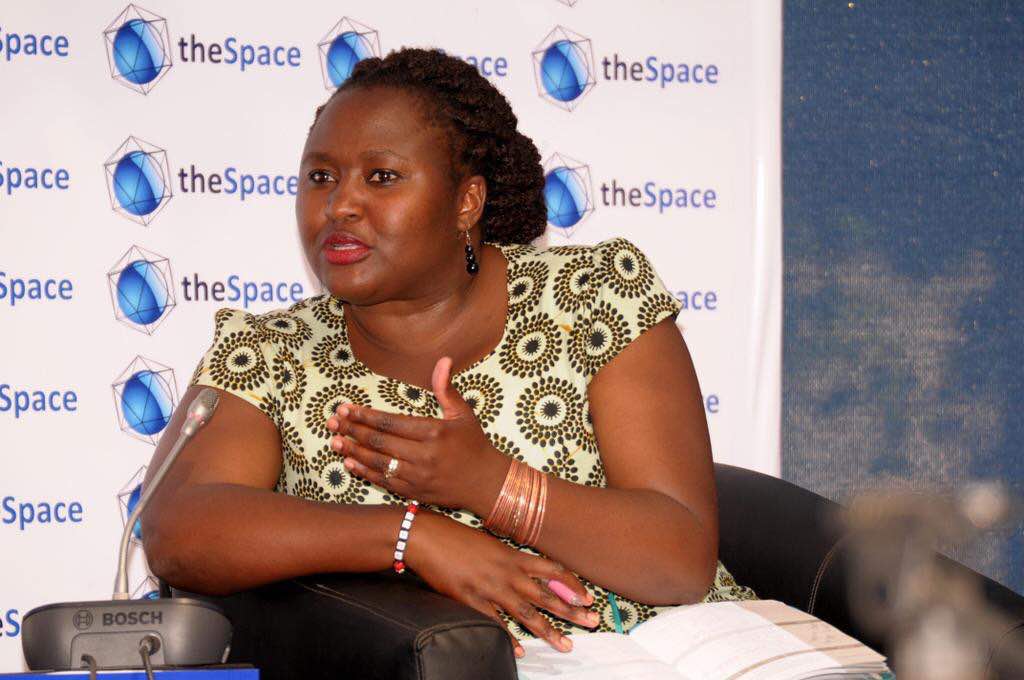
One of the most beautiful aspects of African languages and culture is the poetic nature of our languages and also the story telling reality that comes with our language. In Africa, there are different dialects, different narratives, we do it through a beautiful story telling technique. We have idioms that tell the richness and depth of wisdom of African people, that is what I love and admire in African languages and culture. It is also something we could improve upon because culture is not static, language is not static. I also like adaptability to globalization which is a good reality in some aspects as long as there is no neo-colonialism.
How many languages do you speak?
Five, which is absolutely nothing compared to the number of languages we have in Africa.
Would you like to share your experience in the area of community development?
I started working with the community when I was about 18 years old, when I was with an organization called Mass Public Opinion Institute which is a research institute based in Harare and I really liked the way we used to go out to the community to do research, talk to people, hear their stories and support them to unpack their lived realities and support to find solutions to their different realities, so that was how I fell in love with community development.
That really made me fall in love with Africa. I have always had this deep seated desire and passion to see people realize their power and inbuilt ability in a way that they can effectively tackle challenges. I also started an organization called Zimbabwe Young Women’s Network for Peace Building; this was an attempt to uplift and amplify young women voices in Zimbabwe in the development of democracy as well as personal leadership development. From that stage, I got to meet so many people from many communities in Zimbabwe and we were able to hold leaders accountable, we were able to cry and love together. We were able to challenge the status quo. I remember one of the greatest things we did was in the heart of Harare where there was a problem with sewage flowing on the street and the young women were able to go and hold the local council accountable by going to their office with diapers and other sorts of dirt been dumped in front of council offices and they had the pipes replaced within hours. For me, that is amazing, that is phenomenal, my spirit is that every community has solutions to its troubles. That is the most beautiful thing I had for the past decade; I had the pleasure of working with different communities, in Southern and Eastern Africa.
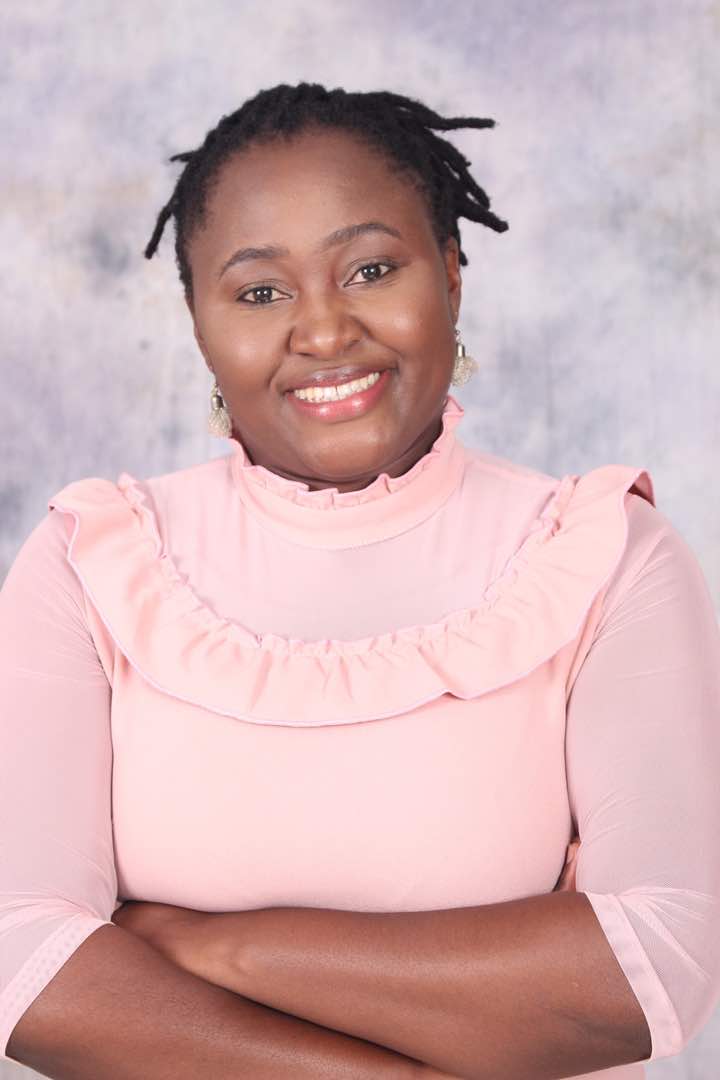
Many African leaders are old, some have held on to power for than 20 years, yet they are not ready to quit political scene for young ones, is this healthy for the political development of the continent?
I think that leaders who hold on to power do not have plans for themselves. If a leader had a plan before getting into power, he would be able to exit gracefully. But I think for us in Africa, we do not have a clear transition when it comes to leadership. A lot of the leaders that we have in Africa have chieftainship mentality. In Africa, we believe that unless the chief dies another one would not come, that is the problem. Many of the leaders we have today come with that mentality, so we always struggle as young people to hold them accountable so that they can pass on the baton. This is really sad and retrogressive to development in Africa because, the younger generation has a lot to offer when it comes to leadership. It’s the same old stories we hear from these leaders they don’t want listen, they believe they are wiser because they are older which is not true, what makes you wise is not age but experience so the danger of assuming that because you are older you are more experienced – it’s not healthy for leaders in Africa to hold on to power.
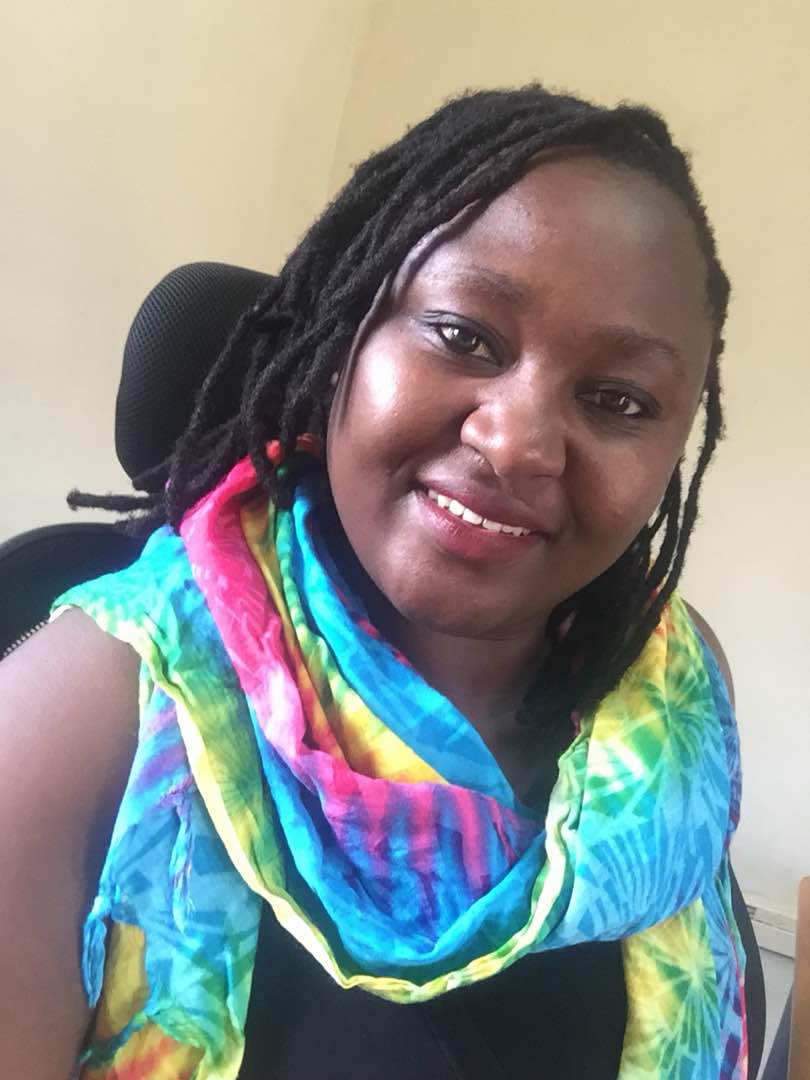
You are the founder of Zimbabwe Young Women‘s Network for Peace Building, what informs the formation of the NGO and how much has it touched lives in the society?
The NGO was founded to amplify the voices of the young women in development of democratic government. It has managed to amplify the voices of young women. It was actually one of the pioneers of young women organisations in the country which is really good. The vision was to see a movement of young women being passionate about themselves and the development of the country, changing the narrative of the country and challenging the status quo. It has facilitated trans- generational interaction .Now there are so many groups in Zimbabwe that young women can belong to. You can see young women being more active in the development of the country.
You were once a Board member of Centre for Community Development in Zimbabwe before you resigned, what was your role in the organization?
I was a Board member as you rightly said and I resigned when I was leaving the country over two years ago to explore other realities to my professional journey. It was a good experience because the organization is very passionate about community development, they hold leaders accountable, they transform the community, there is empowerment programme, and for me it was a great experience. I was there at policy level which was really interesting.
You are in the Regional Parliament for youth; would you say African youth are ready for leadership?
I will say yes, young people are ready for leadership position in Africa, and i will add a caveat that there is a lot of peer to peer mentorship, peer to peer exchanges, so that they can have personal leadership development. I want to also add that young people are passionate about what they do, they have the energy, and the older generation has to understand that they need to share knowledge so that the youth can lead the continent into another stage.
Your country is preparing for election, what advise do you have for the women and Zimbabweans generally?
My advice for them is to go out to vote. Then protect and defend your votes. Women should go out and vote in their numbers and choose the leaders they want. In 2008, there was delay in the announcement of results and afterwards there were accusations and counter accusations of election rigging, so it’s not all about women and men casting their votes, they have to monitor how votes are counted and how it is announced as well as the environment where that is taking place.
Do you have faith in the political Parties of your country?
I think they have lost the essence of representing the will of the people. I am not so sure that the calibers of the leadership we have are representatives of what a transformative feminist leadership is all about. There is a lot of work to be done by political parties in Zimbabwe to win the heart of the people and for them to be understood as the beacon of democracy
Would you say this has accounted for the large number of independent candidates you have in Zimbabwe?
Yes it could be, at times it’s good for candidates to run independently. There is the need to mentor and coach the different political players so that they understand themselves better.
What is that thing the world doesn’t know about you?
I don’t know if there is anything the world doesn’t know about me because I like to be authentic, transparent and true to my core being so I show up consistently. However, maybe what the world doesn’t know is that I once had a dream of running for Presidency when I reached 40 years. However, my passion is human capital development; for now, I would rather be supporting the personal leadership development of those who want to run for office.





